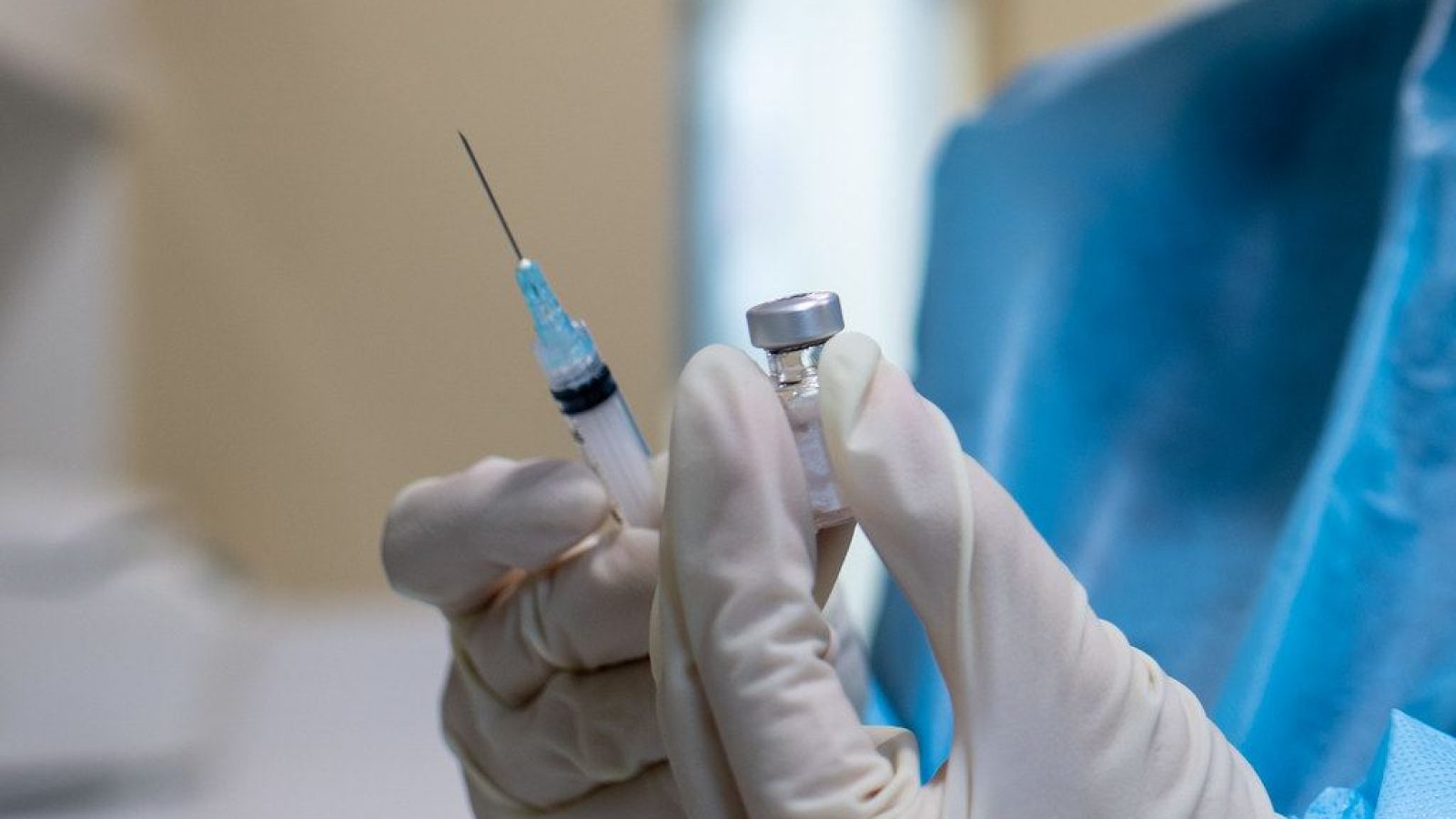The scientists who developed the Oxford/AstraZeneca COVID-19 jab are now making a bubonic plague vaccine.
The Oxford team started a trial of its vaccine on 40 healthy adults in 2021.
Prof Sir Andrew Pollard, director of the Oxford Vaccine Group, told The Telegraph the results of the trial will be submitted to a journal for peer review.
They’re expected to conduct additional trials.
Report: Oxford COVID-19 vaccine scientists are developing a bubonic plague vaccine amid fears that a superbug strain of the Black Death could soon emerge in the near future.
Via: The Telegraph pic.twitter.com/Huy638irfi
— The Calvin Coolidge Project (@TheCalvinCooli1) January 5, 2025
“There are no licensed plague vaccines in the UK. Antibiotics are the only treatment. There are some licensed vaccines in Russia,” Pollard told the outlet.
“The risk in the UK is currently very low. Previous historical pandemics that had high mortality were associated with initiation from fleas on rodents but were driven by person to person spread,” he added.
NEW – Covid jab scientists at Oxford/AstraZeneca develop bubonic plague vaccine as military experts say UK should stock supplies of Black Death inoculation — Telegraph pic.twitter.com/wv9nd7eBBS
— Disclose.tv (@disclosetv) January 4, 2025
From The Telegraph:
Government military scientists recently called for a vaccine to be approved and manufactured in bulk quantities because plague still exists in pockets of the world and has “potential for pandemic spread”.
Scientists at Porton Down’s Defence Science and Technology Laboratory (DSTL) wrote in a paper in the journal NPJ Vaccines that vaccines need to be expedited “to prevent future disastrous plague outbreaks”.
This, they add, is compounded by the rising issue of antimicrobial resistance which is creating superbug strains of plague that cannot be easily treated by antibiotics.
Plague is spread by fleas which transmit the bacteria from the rodents that carry it to the humans they bite. The Black Death outbreak in the 1300s killed half the population of Europe, according to some estimates.
It can manifest as bubonic plague, pneumonic plague or septicemic plague. Bubonic plague is 30 per cent fatal without treatment and is characterised by swollen and painful lymph nodes around the flea bite.
Roll up your sleeves because the “Black Death Jab” is coming. pic.twitter.com/S5P4eTmS9o
— Champagne Joshi (@JoshWalkos) January 5, 2025
Covid vaccine scientists develop bubonic plague jab ahead of “next pandemic” https://t.co/2Hswk3AURf pic.twitter.com/LLlEzWt4WI
— The Mirror (@DailyMirror) January 6, 2025
Per GB News:
The risk is heightened by antimicrobial resistance creating superbug strains that cannot be easily treated with conventional antibiotics.
ADVERTISEMENTProfessor Tim Atkins, a DTSL Fellow, warned that antibiotic-resistant plague infections could remain active longer, increasing transmission risks.
“For pneumonic plague, this increases the chances of infecting others nearby,” he told The Telegraph.
Dr Simon Clarke from the University of Reading highlighted growing concerns about bioterrorism.
“Malign use in bioterrorism or biowarfare could see the bacteria spread relatively efficiently,” he said.
He added that vaccination of the whole population would be the only way to quickly control such a situation, urging states to maintain capacity for rapid vaccine production.
This is a Guest Post from our friends over at 100 Percent Fed Up.



Join the conversation!
Please share your thoughts about this article below. We value your opinions, and would love to see you add to the discussion!